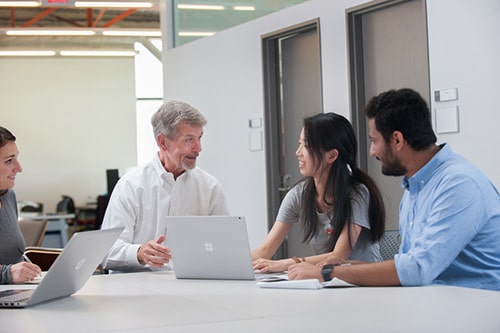Graduate and Postdoctoral Education offers two separate series of mentoring workshops for graduate students and postdocs, as well as faculty, designed to help research mentors enhance their skills and develop productive relationships with mentees. In order to create a safe space for authentic conversations between participants at similar levels in their careers, we are offering separate sessions for faculty versus graduate students and postdocs.
 Registration: Each workshop can be registered for individually – you do not have to sign up for the full set.
Registration: Each workshop can be registered for individually – you do not have to sign up for the full set.
Certificate of Completion: A certificate is available to those who:
- Attend five workshops and turn in a reflection assignment for each workshop attended
- Complete a capstone by writing a mentoring plan (e.g. for a grant application or your website) or meet with an a facilitator to discuss mentoring plans
Details on how to complete the assignments and certification will be provided on the Canvas site, which participants can enroll in after attending a workshop.
This series is planned to run annually, so there will be additional opportunities to complete the series. If you have already completed a workshop previously, that will also count towards the certificate.
Workshop Request Form – invite us to speak with your graduate students, postdocs, or faculty
Contact: GPEmentoring@gatech.edu